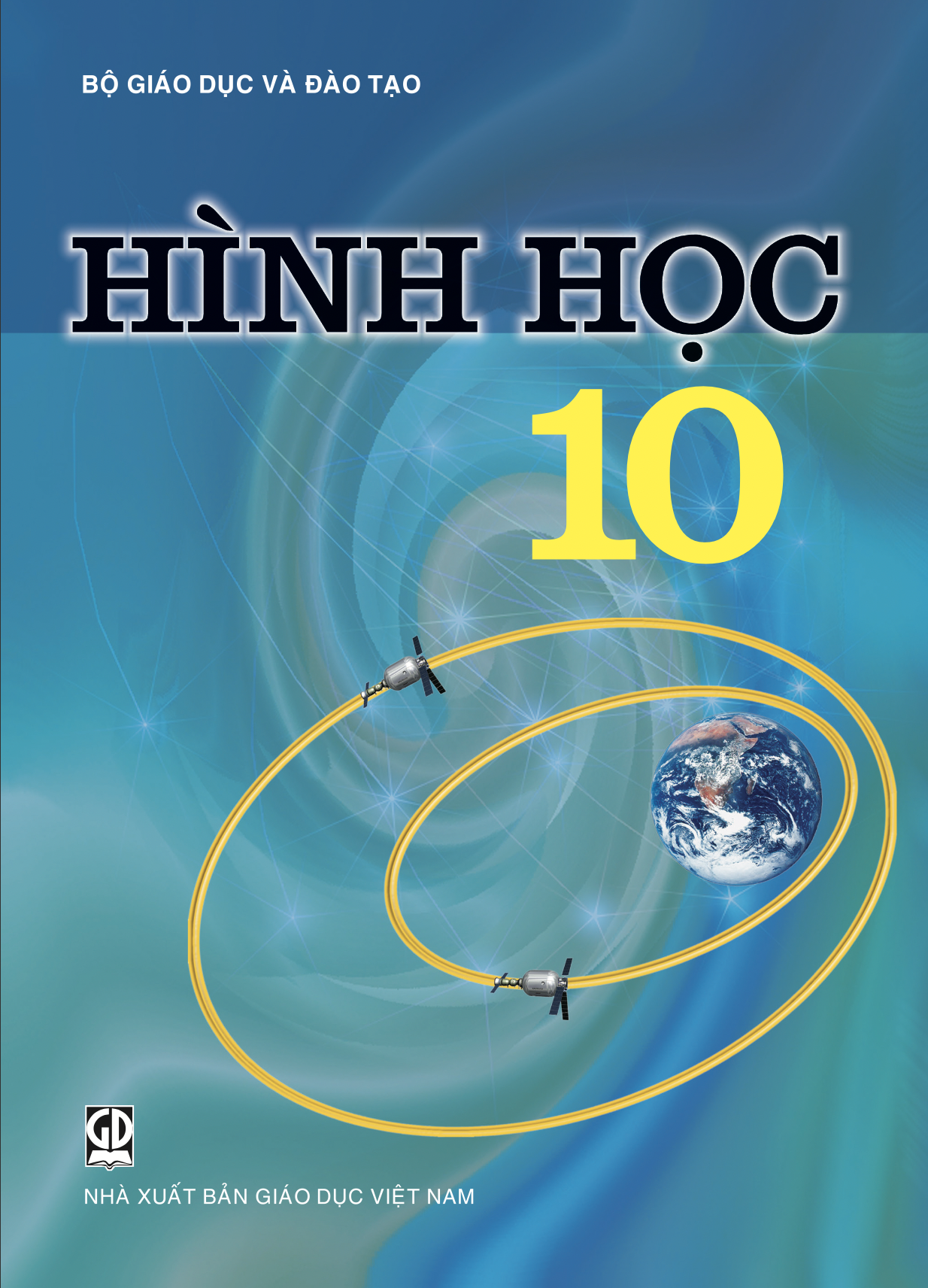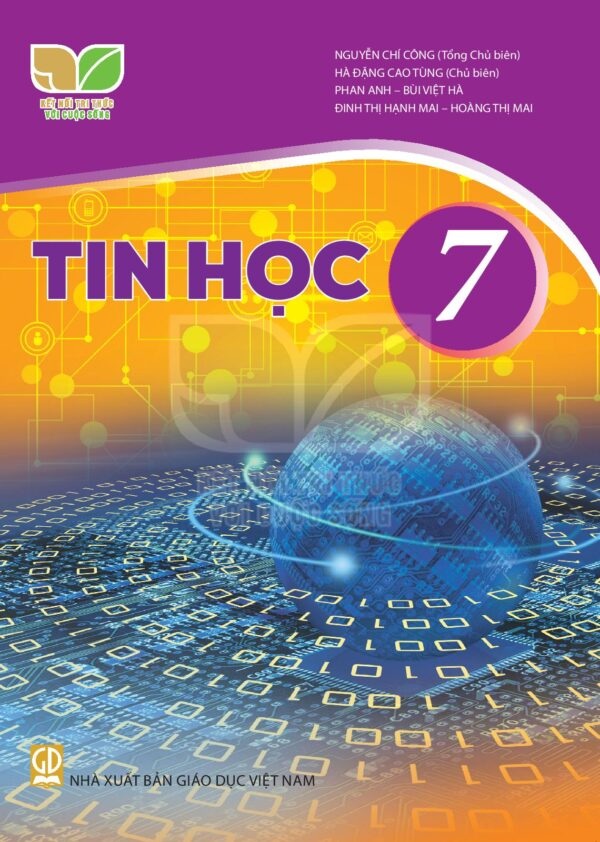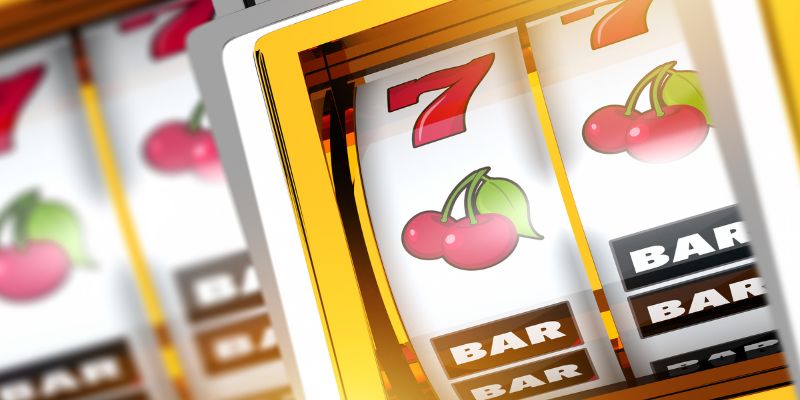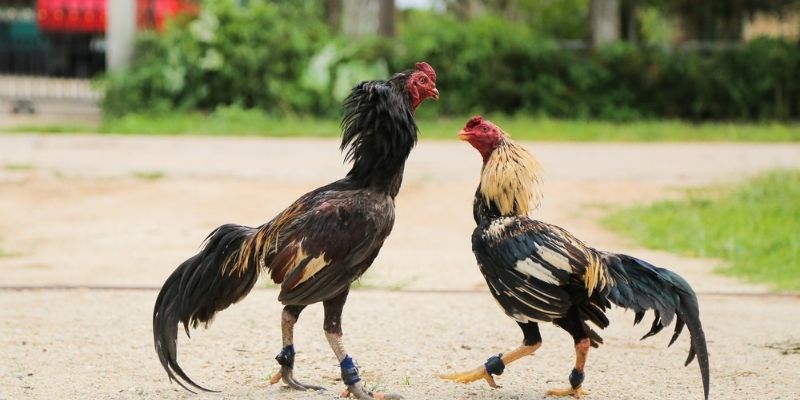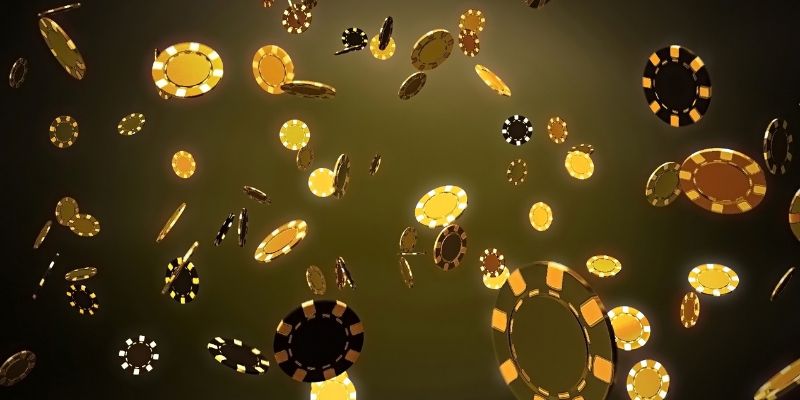(Page 19)
II. LANGUAGE
Pronunciation
kl/, /pl/, /gr/, and /pr/
1. Listen and repeat. Pay attention to the consonant blends /kl/, /pl/, /gr/, and /pr/. 🎧
| /kl/ | /pl/ | /gr/ | /pr/ |
| club | please | green | practise |
| clean | place | group | present |
| class | play | ground | protect |
2. Listen and practise saying the following sentences. 🎧
1. The club members will clean up all the classrooms.
2. We are pleased that we created an interesting plot for the school play.
3. Our group will make the playground green again.
4. The students are practising their presentation on environmental protection.
(Page 20)
Vocabulary
The environment
1. Match the words and phrases to their meanings.
| 1. household appliances | a. the amount of carbon dioxide (CO) produced by the activities of a person or an organisation |
| 2. energy | b. rubbish lying in an open or public place |
| 3. carbon footprint | c. causing no harm to the environment |
| 4. litter | d. devices, such as fridges or TVs, used in people's homes |
| 5. eco-friendly | e. power used for driving machines, providing heat and light, etc. |
2. Complete the sentences using the words and phrases in 1.
1. _____ car models always attract great attention at exhibitions.
2. Remember to turn off your _____ when they are not used.
3. Small changes in your daily habits can help reduce the _____ you produce.
4. One of the most important sources of _____ is the sun.
5. Students are reminded to pick up _____ that they see on the ground.
Grammar
The future with will and be going to
💡 Remember!
We use will and be going to to talk about future actions.
We use will to talk about:
- plans which are made at the moment of speaking.
Example: This shirt looks beautiful. I will buy it.
- predictions based on what we think or believe about the future.
Example: I think our team will win the competition.
We use be going to to talk about:
- plans which are made before the moment of speaking.
Example: I have made a reservation. We are going to have dinner at the Chinese restaurant nearby.
- predictions based on what we see or know. Example: Look at the dark clouds. It is going to rain soon.
Complete the following sentences with will or the correct forms of be going to.
1. I don't think she _____ come tonight. She has to revise for her exam tomorrow.
2. We have already made the decision. We _____ buy a new house next month.
3. I'm sure she _____ pass the final exam.
4. Look at the sun. It _____ be a beautiful day.
5. I forgot to phone Dad. I _____ do it right after lunch.
(Page 21)
Passive voice
💡 Remember!
We use the passive voice when the person or thing that does the action is not important or not known, or we don't want to say who the doer is. We focus on the action itself.
Example: The school playground is cleaned up every day (by students).
Rewrite the following sentences using the passive voice. Begin each sentence as shown.
1. More and more people adopt a green lifestyle.
A green lifestyle ___________________________________________________________
2. The students didn't put the rubbish in the bins after the party yesterday.
The rubbish ________________________________________________________________
3. We will plant more trees in the neighbourhood.
More trees ___________________________________________________________
4. Our club is going to organise a lot of clean-up activities this weekend.
A lot of clean-up activities __________________________________________________
5. They discussed important environmental issues at the meeting.
Important environmental issues ____________________________________________






